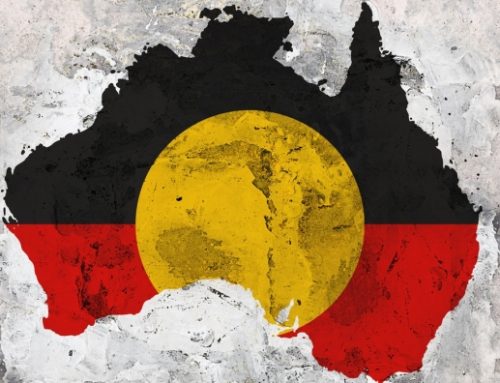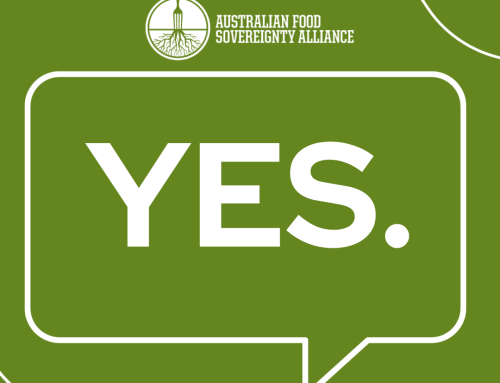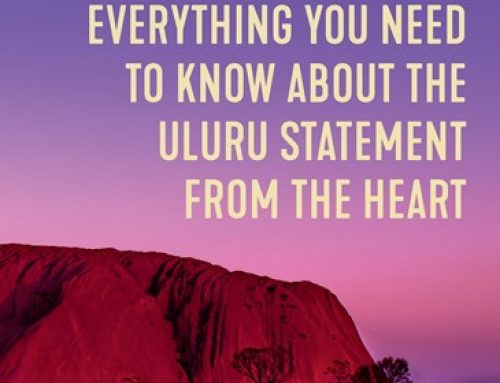The Murray Darling Basin’s capacity to provide water to all its communities is at risk. The Federal Government last week put forward an amendment to allow 70GL more than the 2012 Murray Darling Basin Plan (MDBP) recommended be withdrawn for big irrigators’ consumption in the Northern Basin, an amendment that was voted down in the Senate. The Government rather confusingly refers to the amendment as an ‘adjustment to the Sustainable Diversion Limits (SDL)’ in the Northern Basin – ‘recovering water’ from ‘environmental flows’ rather than ‘allowing irrigators to use it for commercial gain’.
While the process of formulating the MDBP was long and fraught with governance issues, the four affected states (QLD, NSW, VIC & SA) agreed to implement it in 2012 for the health of the river and its many and diverse communities and uses.
It appears that lobbying from Big Ag – in particular the cotton industry, which by its own admission uses a staggering 26% of all Australian agricultural irrigation water and then exports 99% of their product – resulted in the proposed amendment to take 70GL out of the system further upstream instead of retaining this resource downstream as environmental flows.
Withdrawing more water upstream against community sentiment is deeply flawed and a rejection of the tenets of water sovereignty because it’s allowing commercial use to quite literally ship our scarce water resources overseas for profit.
When we export cotton, rice, beef, wine – any agricultural product – we are exporting our water.
Environmental flows control the timing, quality, and volume of water flows to sustain river ecologies and the communities that depend on them. Calling them ‘environmental’ seems to be part of the problematic discourse that allows governments and the media to pit ‘greenies’ against ‘farmers’, instead of enabling a holistic discussion that acknowledges the importance of healthy river ecologies to all life, including that sustained by farmers.
Removing a further 70GL of environmental flows for the benefit of cotton farms and other big water users (I’m looking at you, rice farms) is a threat to the very existence of those downstream. Broken Hill is running out of clean drinking water – the issue is critical, and not even about the more complicated questions around water rights for commercial activities and how to balance these with ecological health, recreational use, and basic human needs – it’s the basic human need at stake here.
In a related but separate current issue around the MDBP, works have commenced to run a pipeline from the junction of the Murray and Darling Rivers at Wentworth 300km north to supply fresh drinking water to Broken Hill – which for more than 60 years has obtained its water via a pipeline from the Menindee Lakes, part of the Darling River system, a lake system which is now often empty or nearly empty.
The pipeline from Wentworth will cost half a billion dollars, and travel through the traditional lands of the original owners without regard for songlines or other intangible cultural heritage, though there is surveying being undertaken to identify sacred sites, which are meant to be avoided. When I met with some of the original owners from diverse parts of the vast region at the protest in Wentworth, they were adamant that while the government said the original owners had been “consulted,” they had not in fact given consent for the pipeline to disrupt and divide their land.
I’m not an expert on water systems, but I do understand the fundamental principles of water security and sovereignty. All peoples have a right to clean, safe water – water should be distributed and used equally and on a sustainable basis.
Water should not be privatised, commodified, and sold back to people – we all need water to survive – it is a public good.
The Darling River’s flow is famous for being ‘extraordinarily irregular’ – much of its storage, such as the shallow Menindee Lakes, is highly prone to evaporation – and it dried up at least 45 times between 1885 and 1960. But in the face of climate change and what appears to be ongoing mismanagement, it doesn’t stand a chance of reaching South Australia for much longer (and not at all at the moment). Such a fragile ecosystem must surely be supported to enable flows to persist, and that will not happen if over-allocation of water rights to big irrigators up north continues.
On a panel in Mildura we heard from the Federal Assistant Minister for Water and Agriculture, Liberal Senator Anne Ruston from South Australia, who told us that ‘sustainability is not what Sarah Hanson Young thinks it is – she thinks it’s returning the river to its natural state.’ Senator Ruston told us that actually sustainability ‘is not leaving it any worse than we found it’ – an aim I called out for being depressingly unambitious.
As with regenerative agriculture, which seeks to leave the land healthier than we found it, we must do more than sustain our sickly river systems. We must regenerate them to ensure we have a future where everyone has access to clean, safe, nourishing and delicious food and water.
Without water, humans can survive about three days. We need water sovereignty now!
~ Tammi Jonas, 24 Feb 2018





